Books
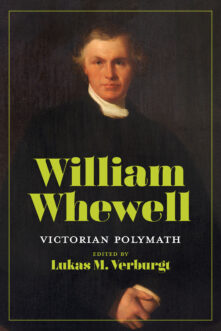
William Whewell
Victorian Polymath
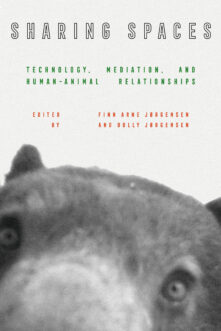
Sharing Spaces
Technology, Mediation, and Human-Animal Relationships
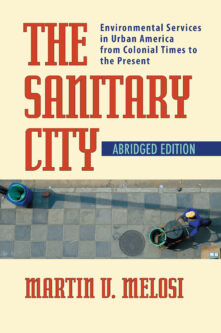
The Sanitary City
Environmental Services in Urban America from Colonial Times to the Present
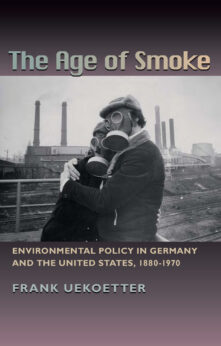
The Age of Smoke
Environmental Policy in Germany and the United States, 1880-1970
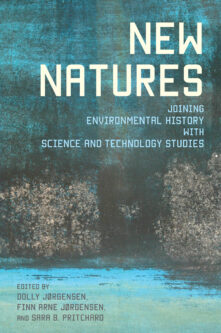
New Natures
Joining Environmental History with Science and Technology Studies
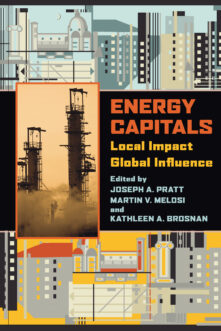
Energy Capitals
Local Impact, Global Influence
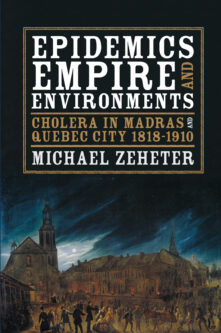
Epidemics, Empire, and Environments
Cholera in Madras and Quebec City, 1818–1910
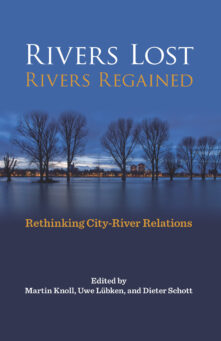
Rivers Lost, Rivers Regained
Rethinking City-River Relations
Total 8 results found.

